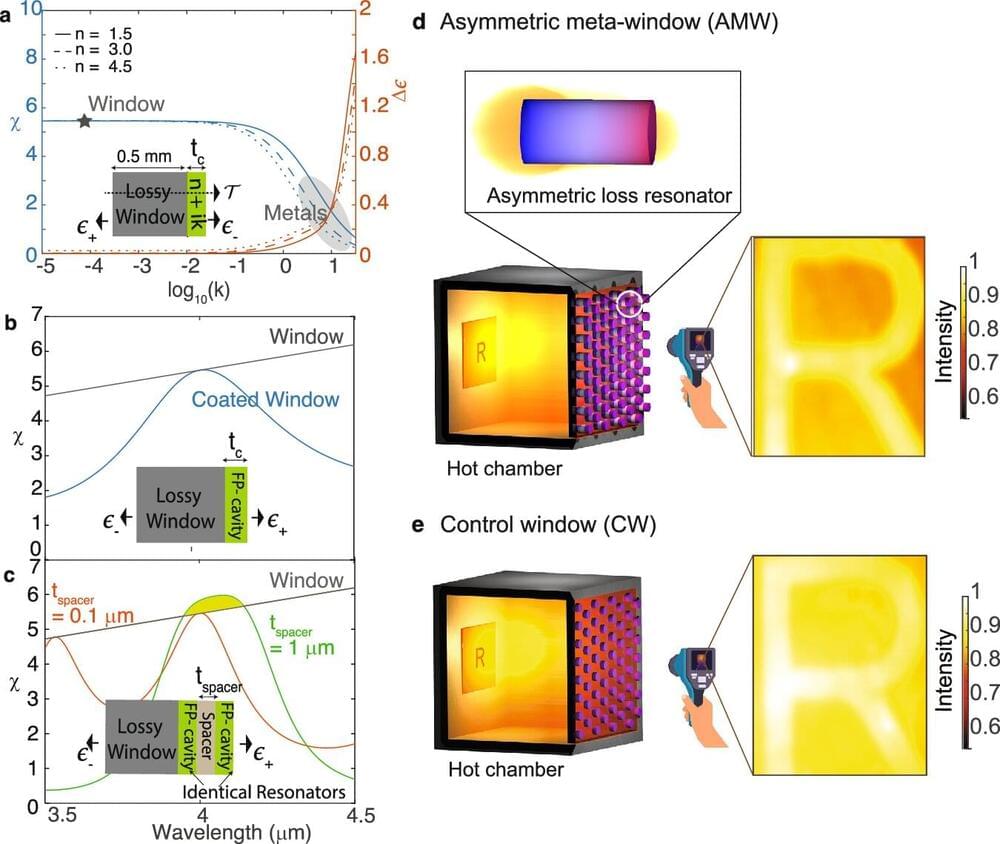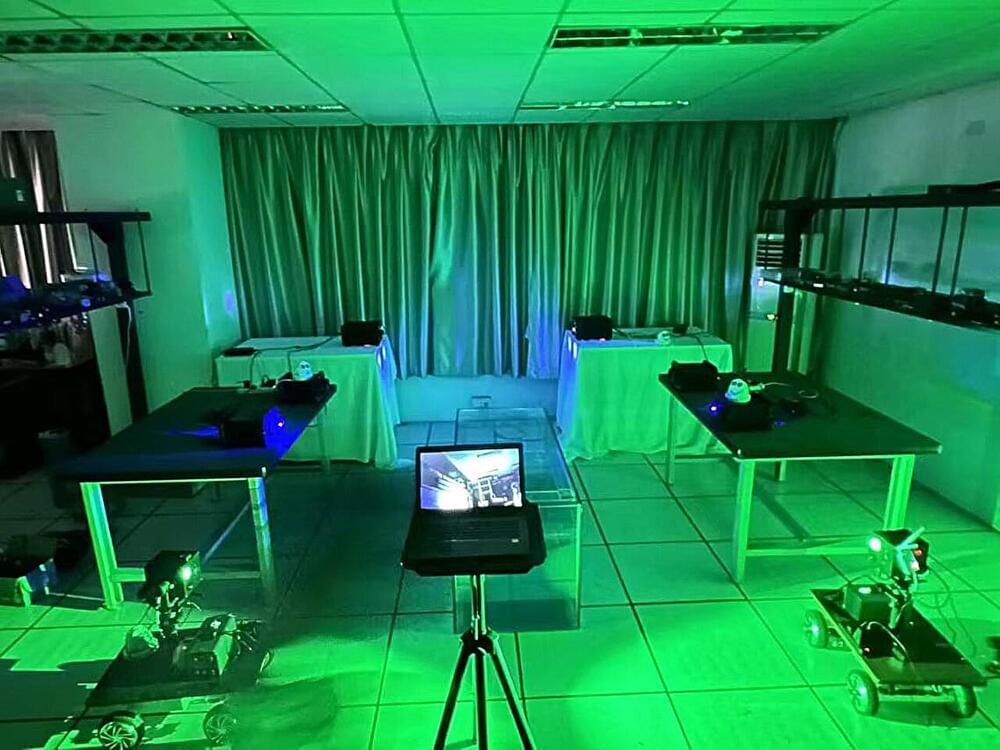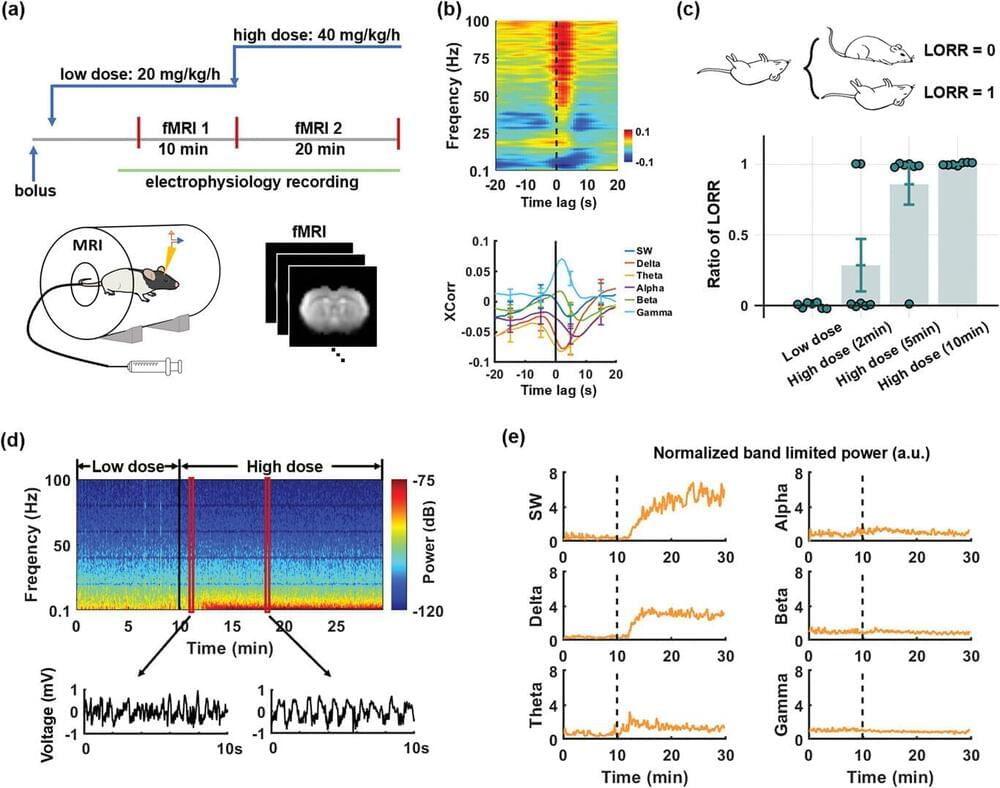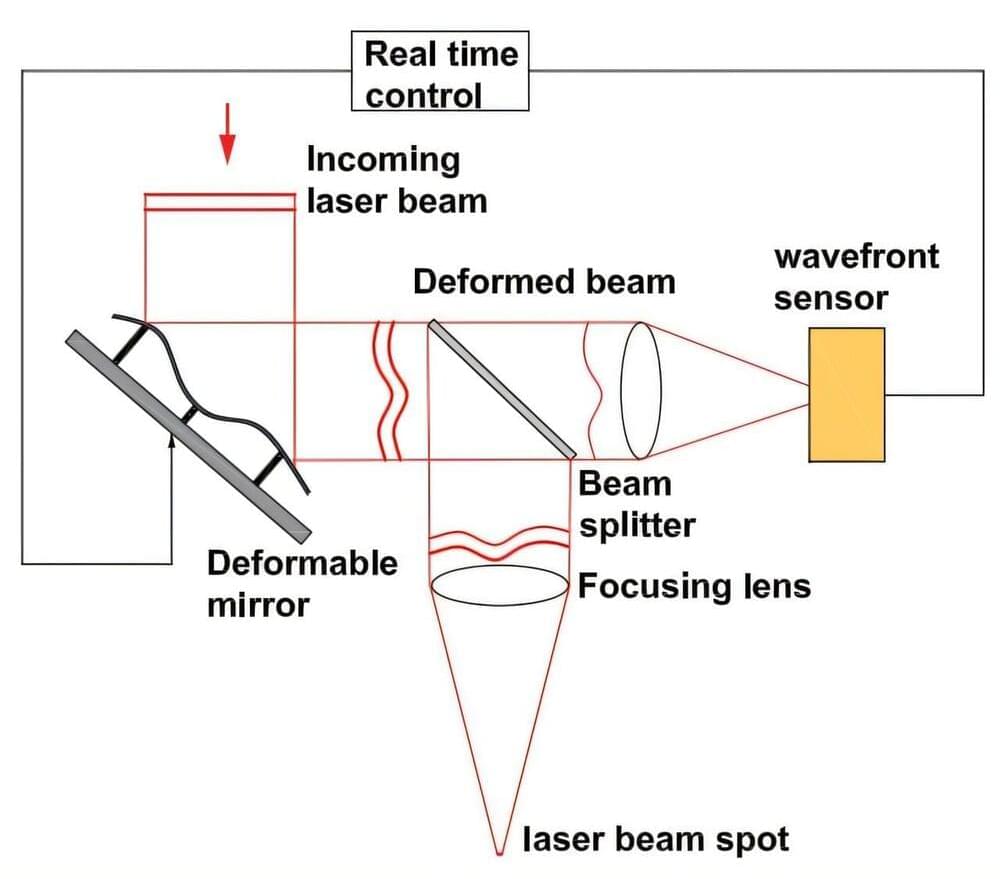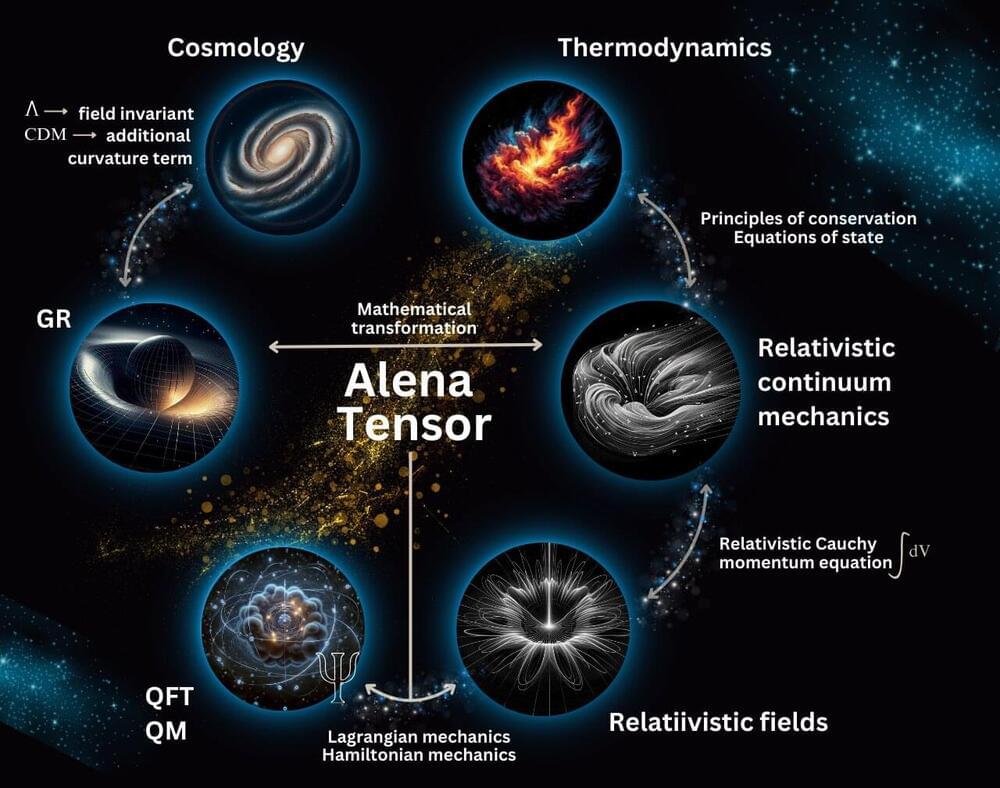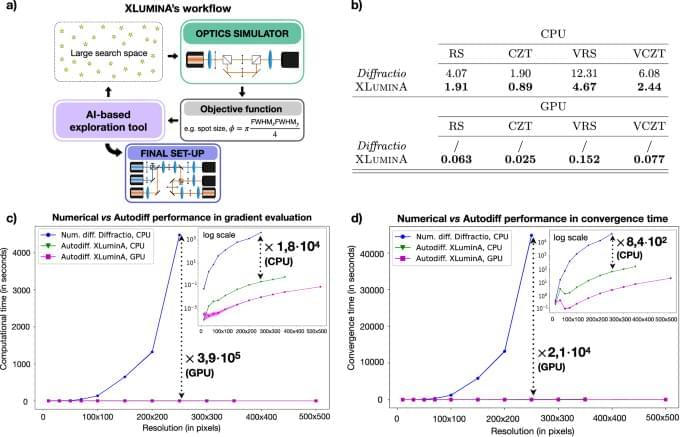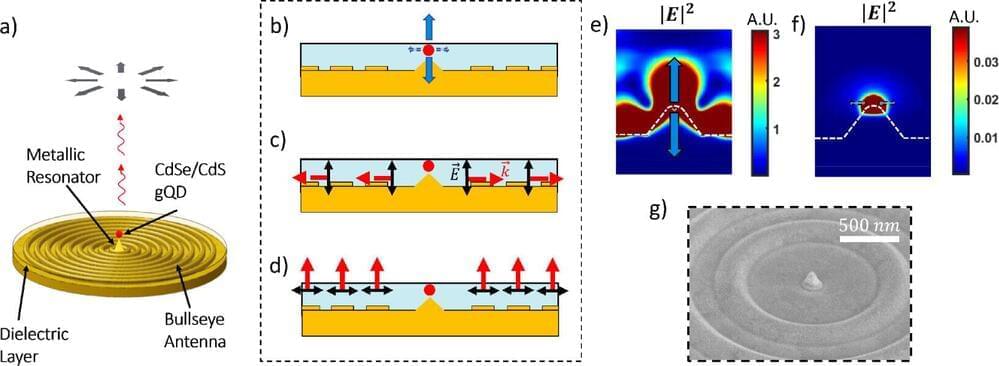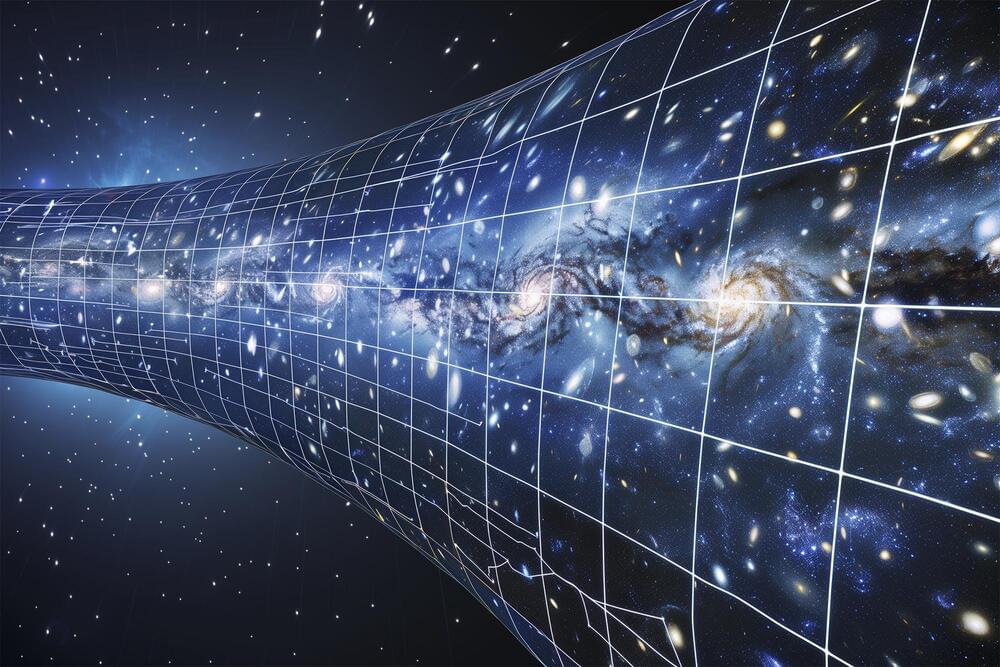A team of Rice University scientists has solved a long-standing problem in thermal imaging, making it possible to capture clear images of objects through hot windows. Imaging applications in a range of fields—such as security, surveillance, industrial research and diagnostics—could benefit from the research findings, which were reported in the journal Communications Engineering.
“Say you want to use thermal imaging to monitor chemical reactions in a high-temperature reactor chamber,” said Gururaj Naik, an associate professor of electrical and computer engineering at Rice and corresponding author on the study. “The problem you’d be facing is that the thermal radiation emitted by the window itself overwhelms the camera, obscuring the view of objects on the other side.”
A possible solution could involve coating the window in a material that suppresses thermal light emission toward the camera, but this would also render the window opaque. To get around this issue, the researchers developed a coating that relies on an engineered asymmetry to filter out the thermal noise of a hot window, doubling the contrast of thermal imaging compared to conventional methods.
